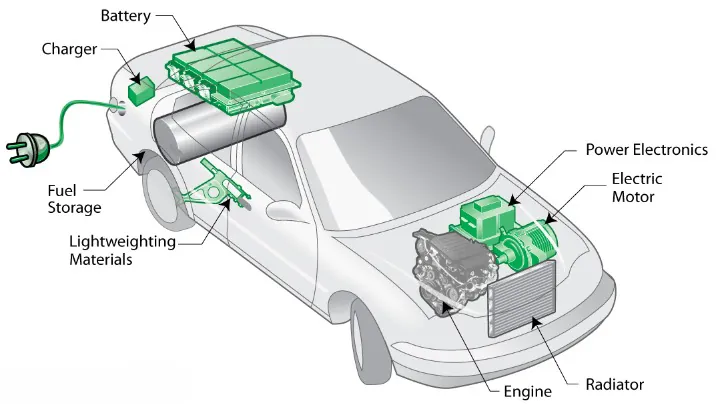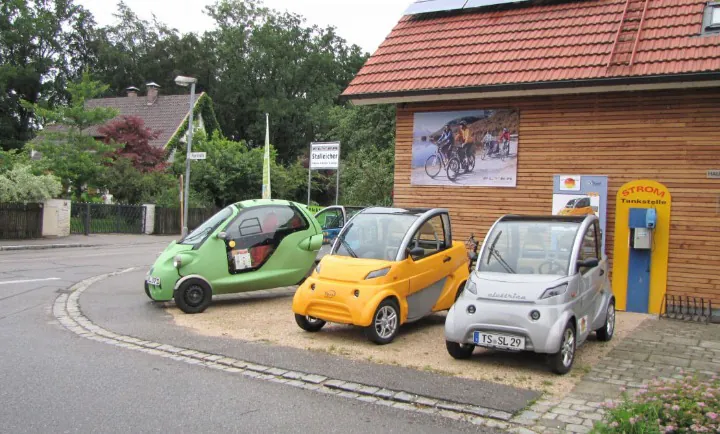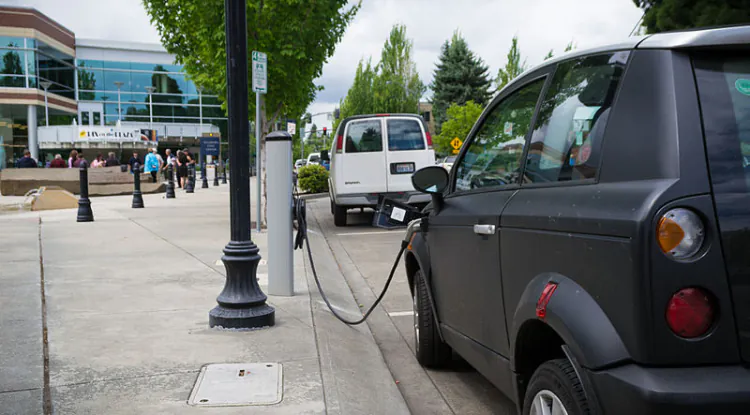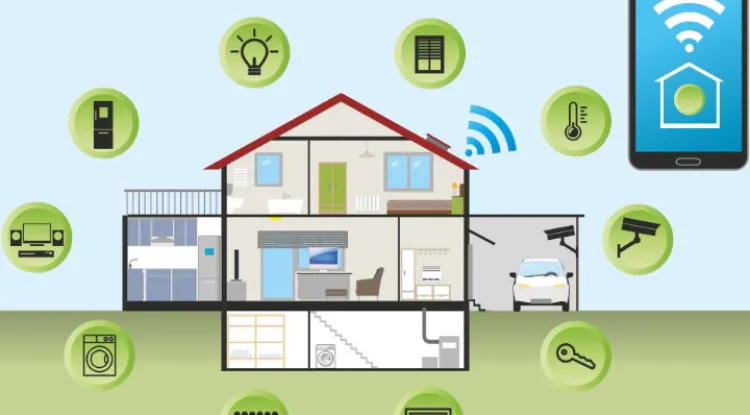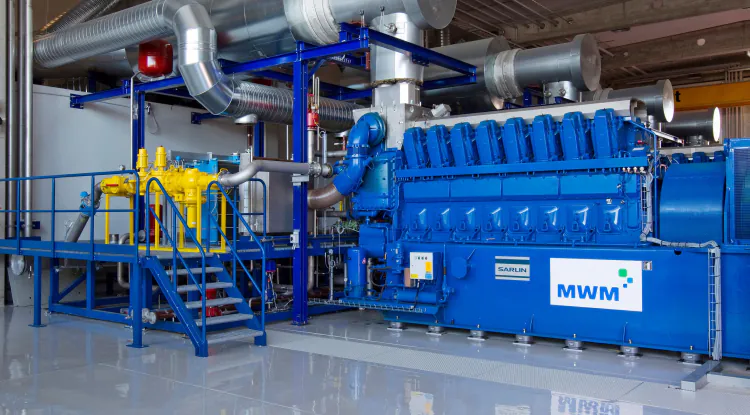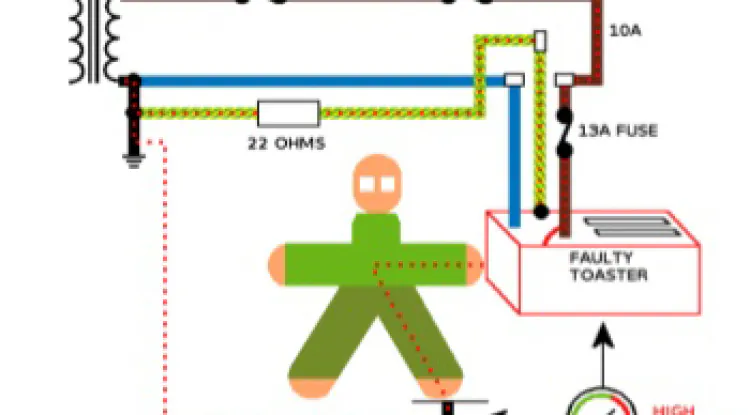The Evolution of Modern Electric Vehicle Charging Infrastructure: Current Challenges and Future Prospects
The Electric Vehicle (EV) charging infrastructure has been a crucial aspect of the global shift towards a sustainable transportation system.
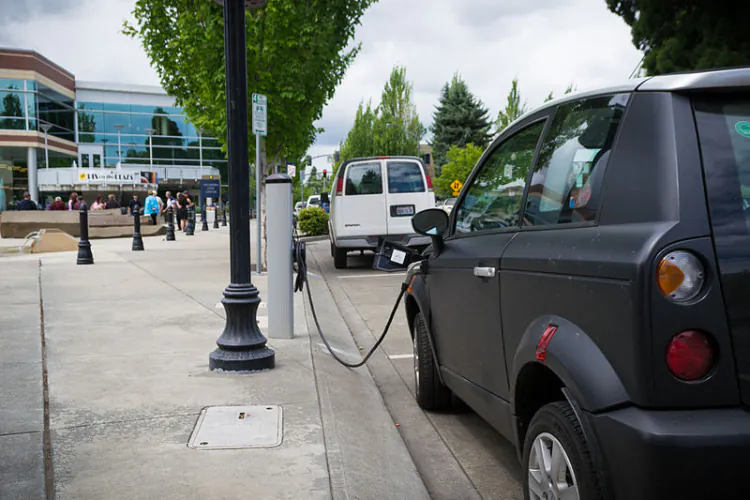
The Electric Vehicle (EV) charging infrastructure has been a crucial aspect of the global shift towards a sustainable transportation system. In recent years, developments in electric vehicle technology have gained momentum, with a growing emphasis on expanding and enhancing the charging infrastructure. However, this evolution is not without its challenges. Let's deep down on this topic for a better view.
Current State of EV Charging Infrastructure:
The current view of EV charging infrastructure is marked by a mix of a public and private charging station. Public charging stations, often found in urban areas and along highways, play a vital role in supporting long-distance travel. So, Each time you have to make sure that your driving route has a charging station before you think of your Electrical vehicle for the journey. Meanwhile, private charging solutions at homes and workplaces provide convenient options for daily charging needs.
Related:- General Question About Electric Vehicles
Despite the progress, challenges persist. Range anxiety, caused by the fear of running out of battery power before reaching a charging station, remains a concern for potential EV adopters. Moreover, the inconsistency in charging standards and the variety of connectors can hinder a seamless charging experience.
Challenges in EV Charging Infrastructure:
- Standardization: The absence of a universal charging standard has led to a fragmented Electric Vehicle (EV) charging infrastructure. Efforts to establish common standards, such as the Combined Charging System (CCS) and CHAdeMO, aim to address this issue but have not achieved widespread global adoption. So, this problem needs to be solved by the vehicle and charging station manufacturer.
- Charging Speed: Rapid charging is essential for widespread EV adoption. Current fast-charging technologies have made progress, but further advancements are needed to reduce charging times significantly. So, there is a need for a more efficient and smart battery that can solve this problem easily.
- Grid Capacity: The increasing demand for fast-charging stations places strain on the power grid. Upgrading infrastructure to support a higher number of EVs concurrently charging is a necessity.
- Urban Planning: Integrating charging infrastructure into urban environments requires thoughtful planning to meet the needs of residents without causing congestion or disrupting city aesthetics.
Future Prospects:
- Technological Advancements: Ongoing research into battery technologies and charging mechanisms holds the promise of faster charging times and increased energy density, mitigating current limitations. So, we need to upgrade our battery technology.
- Smart Grid Integration: Smart grid technologies enable more efficient use of electricity and can enhance the overall stability of the power grid. Integrating EV charging with smart grid systems is a key element for future infrastructure development.
- Collaboration and Standardization: Continued efforts towards global collaboration and standardization will streamline EV charging processes, making them more user-friendly and accessible. It will also encourage new care owner to have their very new EV as their main transportation.
- Government Initiatives: Supportive policies and incentives from governments can accelerate the expansion of charging infrastructure. Financial incentives for both public and private investments can drive widespread adoption.
So, the evolution of electric vehicle charging infrastructure is a dynamic journey with both challenges and promising prospects. As technology advances, standardization improves, and governments invest in sustainable transportation, the vision of a comprehensive and user-friendly charging network becomes increasingly achievable. Overcoming current obstacles will pave the way for a future where electric vehicles are not only environmentally friendly but also convenient and accessible for all.
